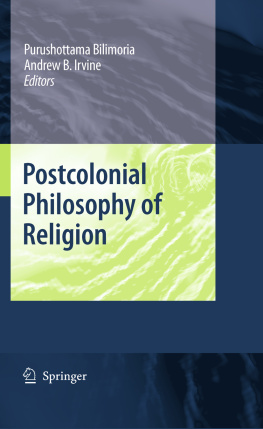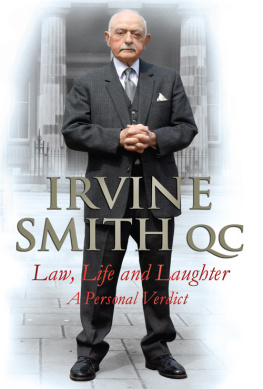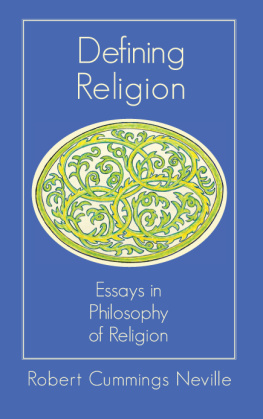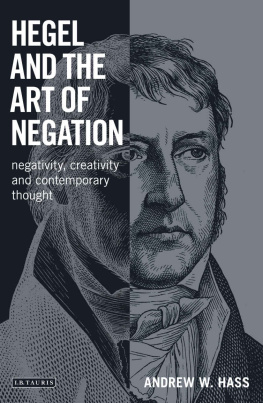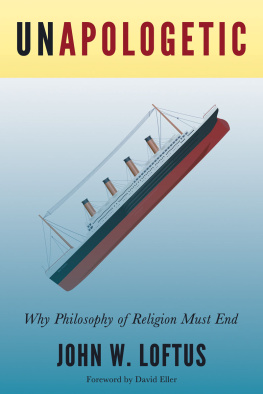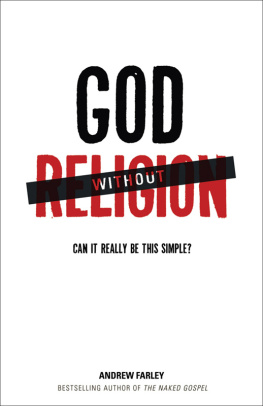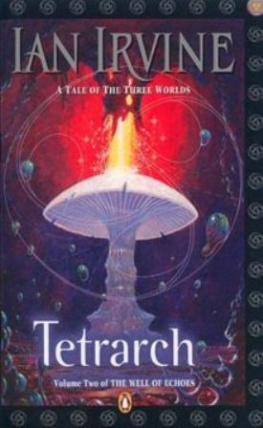Purushottama Bilimoria and Andrew B. Irvine (eds.) Postcolonial Philosophy of Religion 10.1007/978-90-481-2538-8_1 Springer Science+Business Media B.V. 2009
The prominent philosopher of religion, Robert Cummings Neville, has recently argued that in late modern times, the world's great religious cultures are confused by fragmentation in two directions. The first confusion stems from uncertainty as to how the religions relate to one another, the second from the failure of the religions to address the distinctive forces of a complex world society (Neville : 137138).
Neville commends philosophy as a way to clarify and perhaps transform the religious fragmentation of the times. However, even in doing so, Neville urges a vigorous critique of philosophy of religion as presently practised. We quote at length:
[T]his discipline has almost incorrigibly insisted upon an eighteenth century angle of vision on religion, which sees little more than Christianity and through only epistemological perspectives. Ignoring the vast amount of information about other religions now available in English it is embarrassingly parochial, and innocent of so many other philosophical approaches to religion, many learned from other religio-philosophical traditions, that it is out of the loop for understanding religion in late modernity. The real problem in philosophy of religion is not religion but philosophy. (Neville : 56)
We do not here attempt to give an adequate description, let alone analysis, of the various ways in which religion, as the object of an eponymous, heuristic category, is challenged by and active upon the times. That work, which is the multi-faceted labor of the academic study of religions, and related areas of inquiry, is not properly within the scope of this volume (although it finds its way into the essays gathered here in many ways, with robust impropriety).
What is offered here is a sustained examination, from a variety of viewpoints, of philosophy, particularly the philosophy of religion. All the essays share an interest in critically reconstructing that endeavor, to conduct it responsive to the postcolonial experience of various dispossessed communities.
Philosophy of religion today is, by and large, a discipline pursued by way of overhauling a critically enfeebled Western tradition of philosophical theology. Different philosophers attempt to do this in different ways, but their efforts all may be understood as responses to the ground-shaking epistemological critique of Immanuel Kant.
Philosophical theology endures here and there, although its ability to survive in the current intellectual climate is uncertain. Some philosophers, such as Bernard Williams, believe that the days of philosophical theology are over, arguing that the conditions of its possibility collapsed under the twin onslaughts of positivism and criticism: thereafter, philosophical theology appears to be a science in much the same way that phrenology does.
On the other hand, some departments of religion and seminaries, mostly with Christian institutional affiliations, still concern themselves with philosophical theology. In some of these cases, at least, this is a matter of principle: a refusal to participate in modern errors. It represents a refusal to break with premodern traditions that felt no unbridgeable gulf between the things of nature and metaphysical realities. The persistent appeal of this kind of philosophical, or natural, theology lies in the claim to offer rational justification of religious belief, even if the belief must be, ultimately, adopted on other grounds. In the traditional way of speaking, this is philosophy adducing truths of reason in support of truths beyond reason. We do not dismiss this venerable tradition of philosophical theology out of hand. Yet, we note the difficulty it faces to dissociate itself from a wider, fundamentalist vector in late modern, especially Anglo and Anglo-American societies (currently being helped along in the U.S.A. by the undermining of responsible public control of science in the name of intelligent design).
In contrast to, and at least some times in direct reaction to, the practitioners of philosophical theology, contemporary philosophers of religion generally expect one another to represent themselves as free from apologetic preoccupations. If and when the hard analytic judgment on religion as meaningless activity is set aside, philosophers of religion are expected to concern themselves with critical investigation of claims that stem from or have their basis in vestiges of religious tradition and theological discourse, especially some persistent problems with a pedigree in the mainstream of Western philosophy, including God, (the) self, evil, faith and reason, and morality. But philosophy of religion does not presume doctrinal claims, one way or another, in the creation of its agenda. It does not hold on to positions which may be found insusceptible or resistant to the light of logical analysis, critical reflection, scientific discovery, even common sense. Philosophy of religion is a rational and universal, secular inquiry, then.
Precisely because of this secular stance, and in view of its strong concerns in the area of metaphysics and ontology, philosophy of religion is now more readily distinguished from the older, suspect philosophical theology, and is catching on in the academy with renewed vigour. Having repeatedly deflected identification with confessional disciplines, it attracts increasing interest among undergraduates and graduates, in teaching and research areas within the liberal arts faculties. Straddling philosophical, religious, and theological studies, it has broadened its base and its appeal. In this respect, it follows in the footsteps of contemporary ethics, which has been led by numerous thinkers, sensitive to the mounting urgency of global pressures, well and truly beyond the imaginative confines of its genealogical predecessor, moral philosophy, to become involved with the plight of future generations, of animals, mountains, forests, and so on.
Also precisely because of this secular stance, though, few contributions to the academic philosophy of religion hitherto have attempted to search the soul of the discourse, to consider what it excludes, and what it otherwise might be. The casual willingness of a Richard Rorty, say, to discount commitment to Christianity (or to Judeo-Christianity) may have more to do with the rise in popularity of philosophy of religion among students in the West than we realize. After all, these are students looking to come to terms with the parental belief systems that impinge on their consciousness of every new decision they must make for themselves, and/or searching for deeper truth beyond teenage disillusionment. But and this is rather a big but the demographic profile of most of the societies thought of as the West has changed drastically in just a generation. Plurality and multiculturality are become givens. This is true in North America, the United Kingdom, Europe, Australia and New Zealand, and in a dramatic way in post-Apartheid South Africa. Israel, too, confronts these strains. Seemingly one of the conditions of Turkish accession to the European Union is that the state abandon its historically clear position and adamant role in the discourse on nation, culture, and religion.

